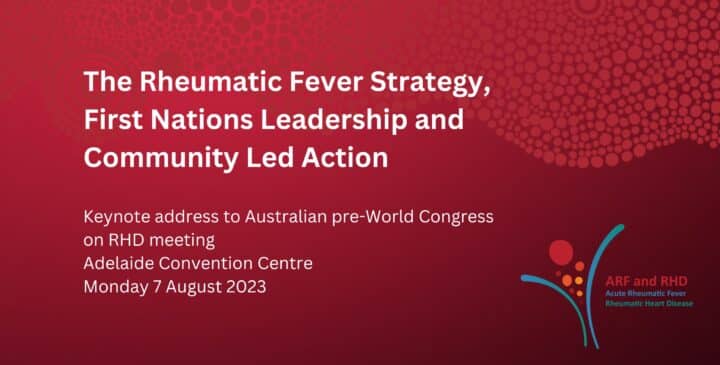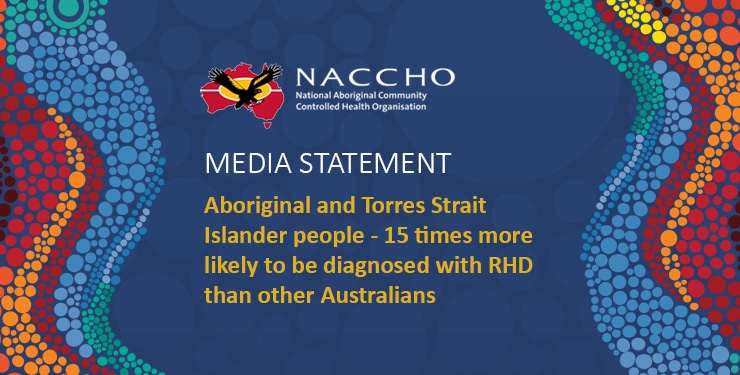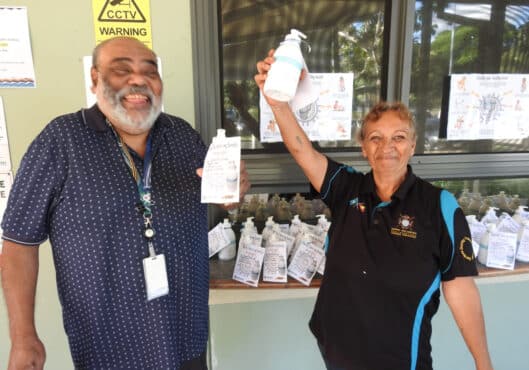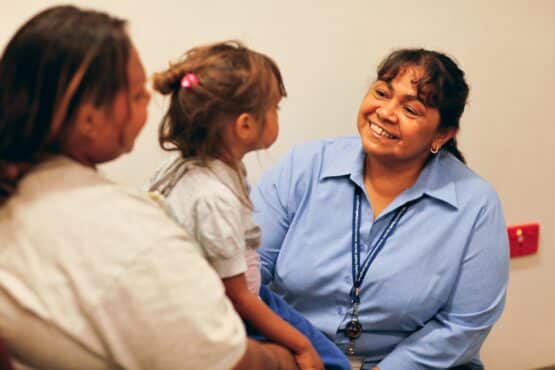

Aboriginal and Torres Strait Islander people are 15 times more likely to be diagnosed with Rheumatic Heart Disease than other Australians
In a report released on 12 April 2022, the Australian Institute of Health and Welfare (AIHW) highlight the alarming findings that Aboriginal and Torres Strait Islander people are 15 times more likely to be diagnosed with RHD than all Australians. New diagnoses of Acute Rheumatic Fever (ARF) and Rheumatic Heart Disease (RHD) among Aboriginal and Torres Strait Islander Australians are also increasing. Previous research has also shown that Aboriginal children between 5 to 15 years of age are 55 times more likely to die from RHD than other Australian children.
Pat Turner, NACCHO CEO said, “ARF and RHD are preventable conditions. Despite this, too many of our communities continue to experience the effects of these diseases of disadvantage. This updated report provides further evidence that a new approach to ending ARF and RHD is needed. It is imperative the ACCHO sector now plays the lead role in identifying and implementing future solutions.”
To address some of the significant issues facing Aboriginal and Torres Strait Islander communities, particularly in rural and remote areas, NACCHO, with funding support from the Department of Health, is co-designing a new program of activities with the Aboriginal Community Controlled Health sector. These activities will be designed to support early detection and effective treatment of RHD and ARF and ensure services are provided in a culturally safe way, targeting highest need communities.
Reports
- View the summary report
- View the full report

